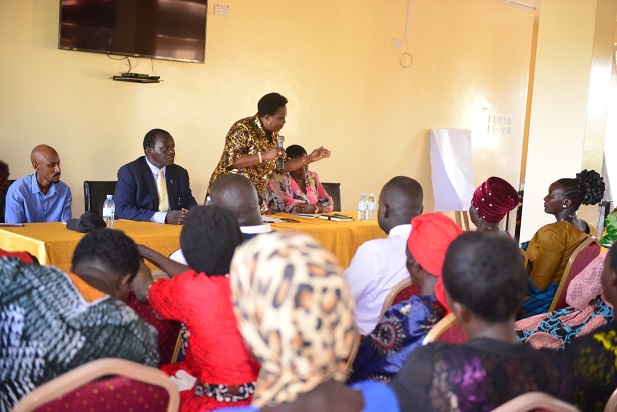Government through the Ministry of Finance has proposed to increase taxes on cigarettes and beers manufactured from local raw materials in order to generate Shs19.40Bn.
Government argues that it has been under pressure from players in the health sector to have the tax on tobacco increased so as to reduce on the health risk associated with smoking in Uganda.
The revelation was made by Henry Musasizi, Minister of State for Finance while appearing before Parliament’s Finance Committee to present the seven Tax Bills. The plan involves increasing excise duty on beer manufactured from local raw materials from the current Shs650 to Shs900, saying this is intended to reflect on the current economic conditions and inflation. “We propose a modest increase in excise duty on cigarettes and beer to generate Shs19.40Bn. The primary objective of this amendment is to generate additional revenue while accounting for inflation, especially, on cigarettes. The excise duty on cigarettes in Uganda has not been adjusted since 2017-18 financial year, yet inflation has risen by 28.8% over the period. We have also been under pressure from the health sector to increase the excise rates on tobacco products much higher to reduce the health-related risks,” explained Minister Musasizi.
He defended the position noting, “Therefore, increasing the duty will not only align with inflationary trends but also serve as a public health objective by discouraging tobacco consumption, which imposes significant health costs on the economy.”
“To increase the excise duty on beer manufactured from local raw materials from Shs650 to Shs900 to reflect the current economic conditions and inflation. This will ensure that the taxation of beer remains fair and that government revenue keeps pace with the economic realities,” added Minister Musasizi.
The Ministry of Finance has also proposed the introduction of an import declaration fee on goods imported for home use to generate Shs79Bn which funds will go towards the construction of the Standard Gauge Railways.
“This measure seeks to raise revenue for infrastructure investment, particularly for the standard gauge railway, which is critical for Uganda’s trade competitiveness. In addition, it will render imports more expensive, hence promoting import substitution and supporting local industries. Furthermore, this proposal aligns with Uganda’s policy and other East African community partner states where similar fees are already imposed. For instance, Kenya apprised a 2% CIF charge, while Tanzania apprised a 0.6 customs processing fee,” explained Minister Musasizi.





